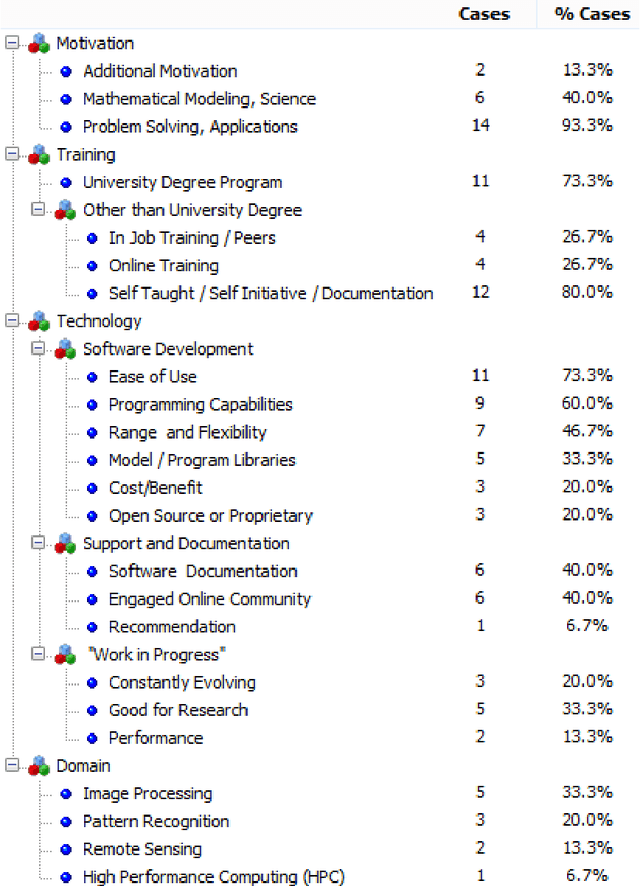Juliana Ferreira
Mediation Challenges and Socio-Technical Gaps for Explainable Deep Learning Applications
Jul 16, 2019



Abstract:The presumed data owners' right to explanations brought about by the General Data Protection Regulation in Europe has shed light on the social challenges of explainable artificial intelligence (XAI). In this paper, we present a case study with Deep Learning (DL) experts from a research and development laboratory focused on the delivery of industrial-strength AI technologies. Our aim was to investigate the social meaning (i.e. meaning to others) that DL experts assign to what they do, given a richly contextualized and familiar domain of application. Using qualitative research techniques to collect and analyze empirical data, our study has shown that participating DL experts did not spontaneously engage into considerations about the social meaning of machine learning models that they build. Moreover, when explicitly stimulated to do so, these experts expressed expectations that, with real-world DL application, there will be available mediators to bridge the gap between technical meanings that drive DL work, and social meanings that AI technology users assign to it. We concluded that current research incentives and values guiding the participants' scientific interests and conduct are at odds with those required to face some of the scientific challenges involved in advancing XAI, and thus responding to the alleged data owners' right to explanations or similar societal demands emerging from current debates. As a concrete contribution to mitigate what seems to be a more general problem, we propose three preliminary XAI Mediation Challenges with the potential to bring together technical and social meanings of DL applications, as well as to foster much needed interdisciplinary collaboration among AI and the Social Sciences researchers.
 Add to Chrome
Add to Chrome Add to Firefox
Add to Firefox Add to Edge
Add to Edge